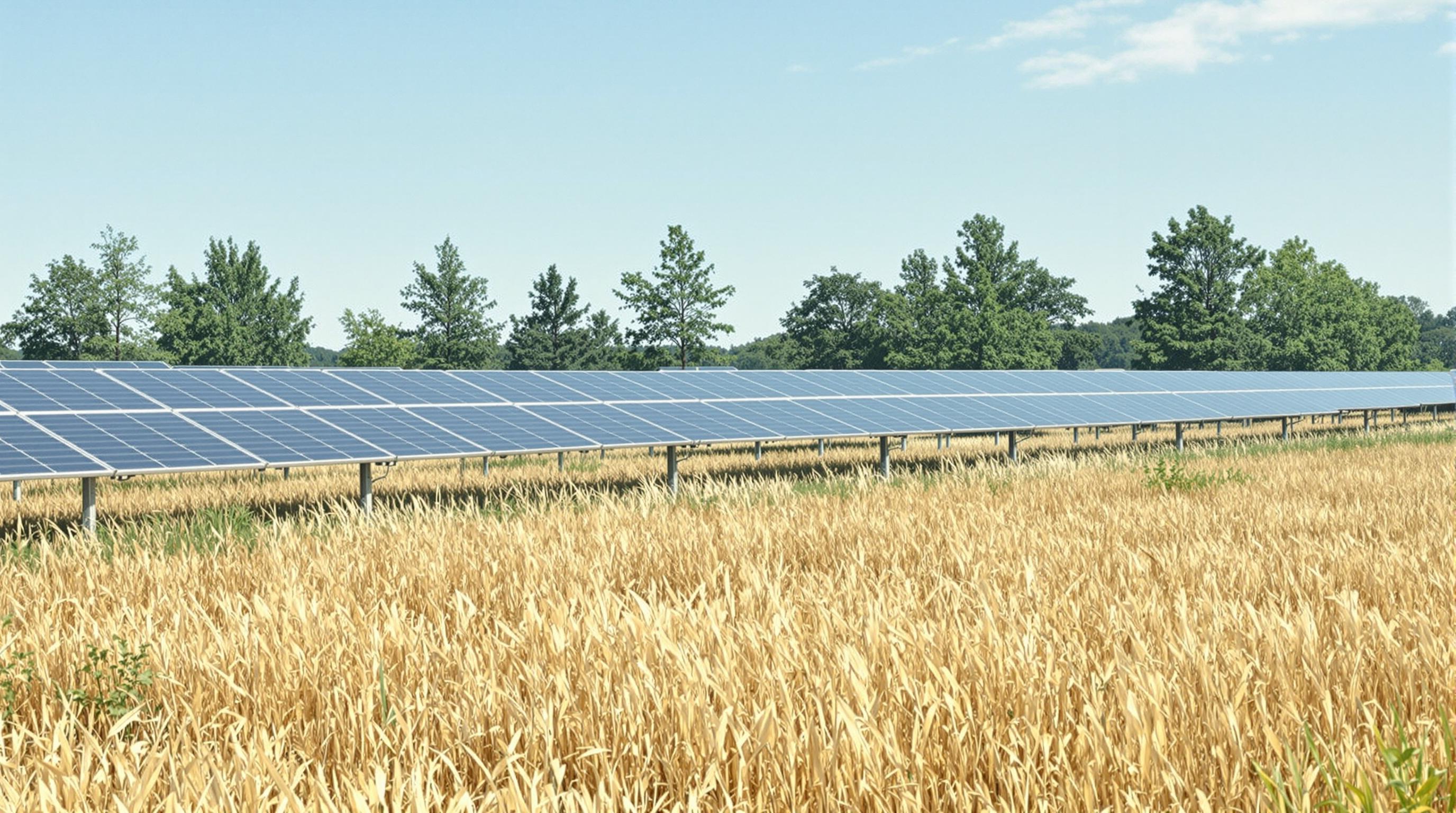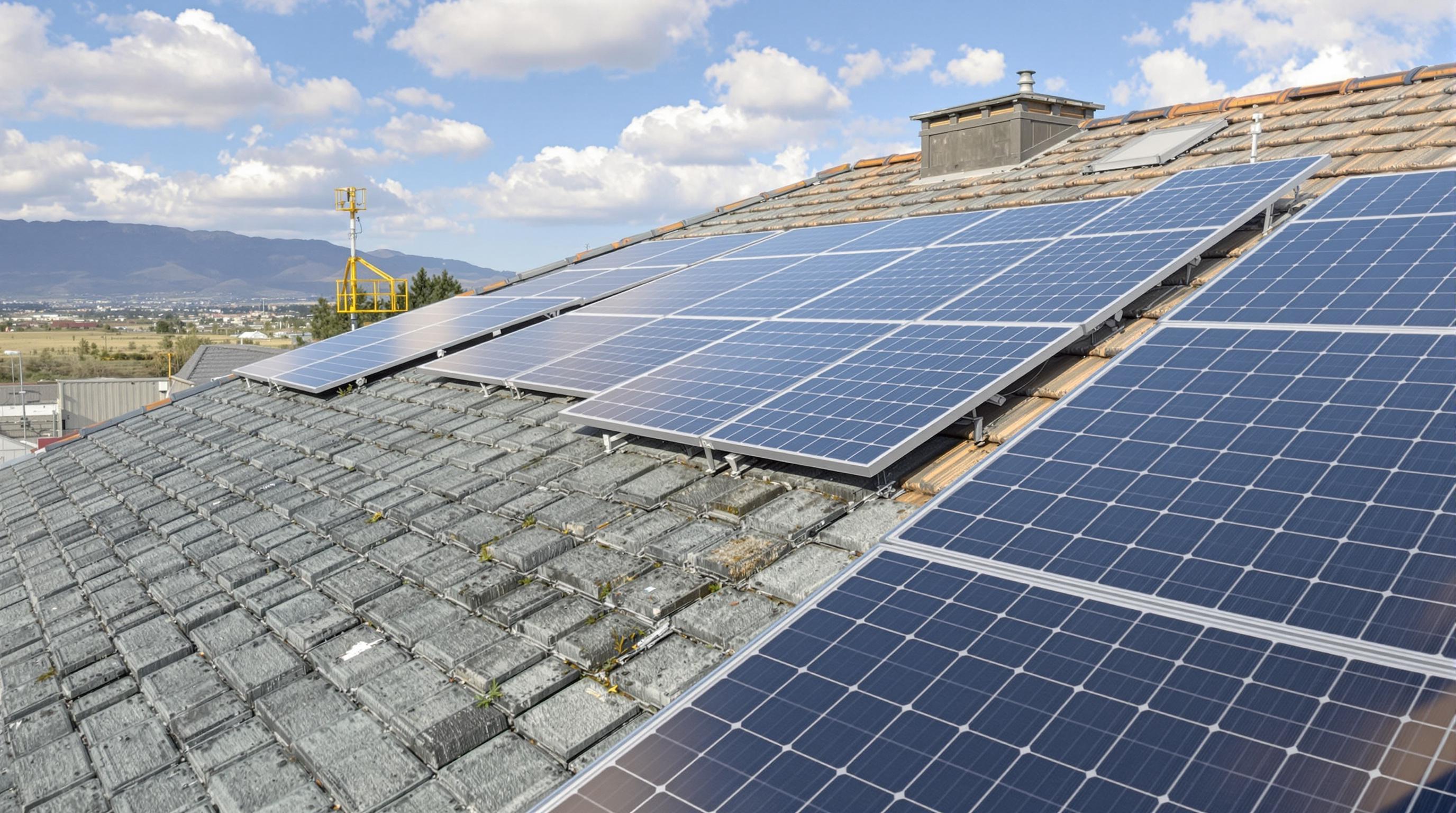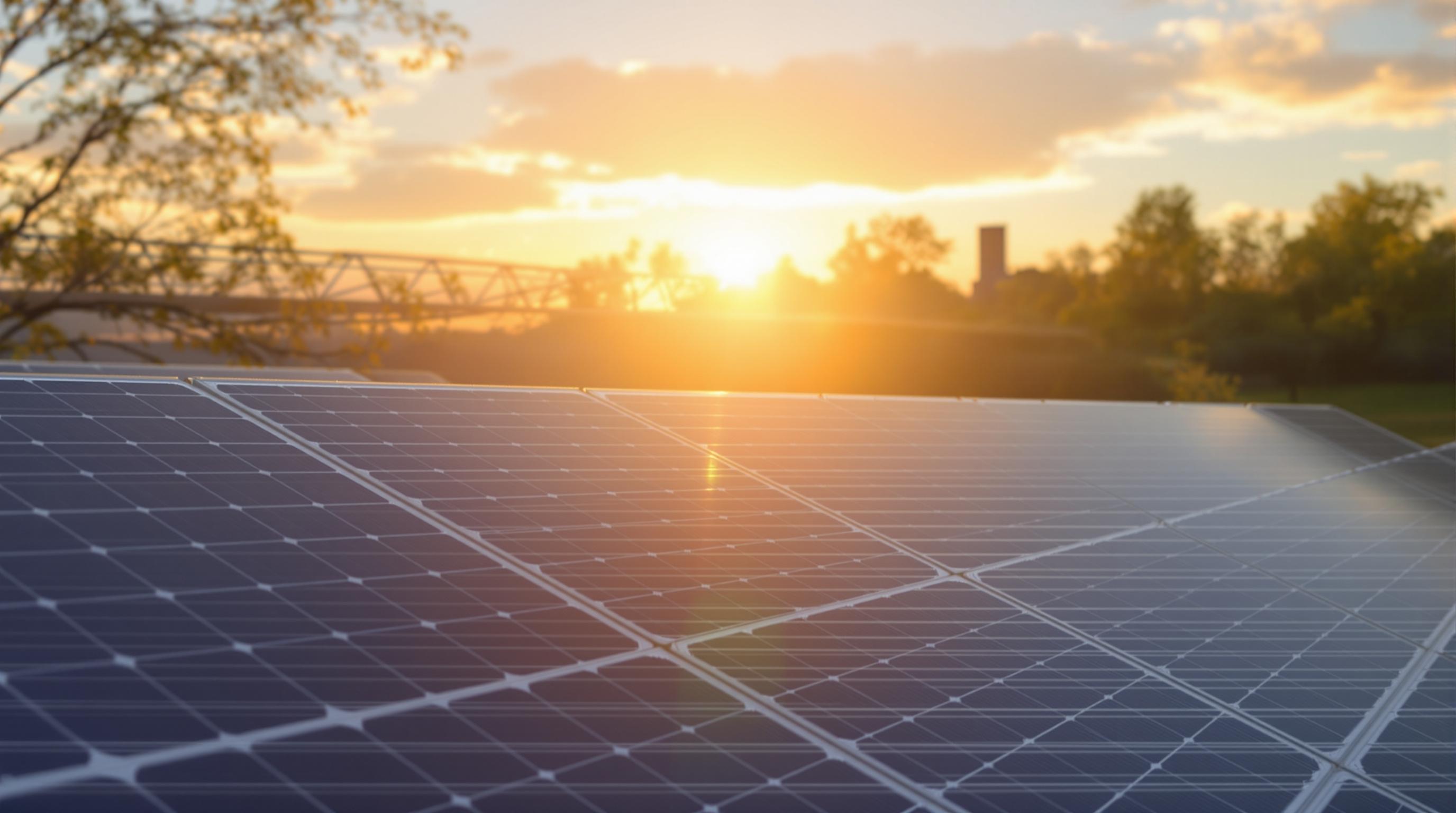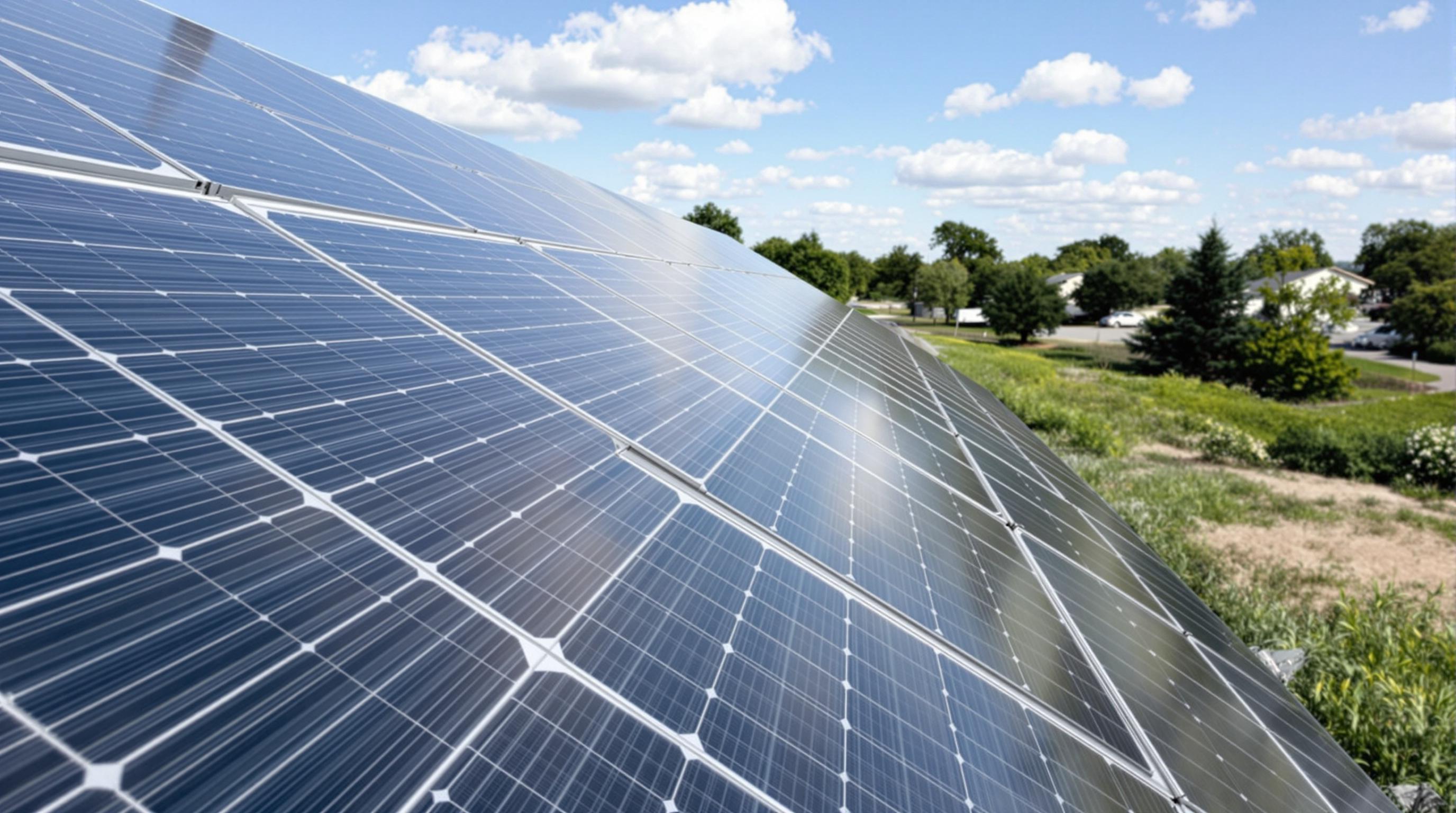Related Articles
- 5 Emerging Solar Panel Sensors from the Past Five Years That Are Disrupting Industry Standards
- How Soil Microbes Influence Solar Panel Efficiency and What It Means for Long-Term System Care
- Top 5 Under-the-Radar Solar Inverters Launched Since 2019 That Unlock Hidden State Incentive Perks
- How Solar Equipment Ownership Influences Local Job Markets and Community Economic Growth Patterns
- Unexpected Environmental Consequences of Solar Net Metering on Local Wildlife Habitats and Migration Patterns
- 5 Breakthrough Solar Battery Storage Systems From the Past Five Years Ranked by Real-World Reliability
How Solar Equipment Ownership Influences Local Job Markets and Community Economic Growth Patterns
How Solar Equipment Ownership Influences Local Job Markets and Community Economic Growth Patterns
Solar equipment ownership is transforming local job markets by creating diverse employment opportunities and driving sustained economic growth within communities. This article explores these dynamics through various lenses, balancing formal analysis, storytelling, humor, and persuasive insights on how solar power reshapes local economies and labor forces.
The Ripple Effect: How Solar Jobs Strengthen Communities
Imagine a small town that once relied solely on manufacturing now buzzing with solar panel technicians, engineers, and sales professionals. This isn't just a hypothetical scenario; it’s reality for places like Lancaster, California, where solar companies have become the town’s economic backbone. According to the Solar Energy Industries Association, the U.S. solar workforce grew over 20% in 2023 alone, signaling a burgeoning industry that benefits local economies deeply.
It’s fascinating to see how solar equipment ownership doesn’t only lead to direct jobs like panel installation but also fosters indirect roles in manufacturing, logistics, maintenance, and even administrative functions. The sector’s vastness creates a layered job market that absorbs workers with varying skills and education levels.
A Little Humor to Light Up the Solar Jobs Conversation
Why did the solar panel installer bring a ladder to the party? Because they wanted to reach new heights in the community! On a more serious note, the demand for skilled labor is growing faster than the sun rises, which means there’s plenty of room for newcomers and career switchers alike. Even your neighbor fixing his own solar lights is part of a grassroots movement that supports local jobs.
Community Economic Growth: Numbers Tell the Story
According to a report from the National Renewable Energy Laboratory, communities that increased solar adoption by 10% saw a 3% increase in local GDP growth within five years. These numbers aren’t just statistics; they translate into better schools, improved infrastructure, and more vibrant local businesses. Solar ownership effectively recycles money back into communities, supporting everything from retail jobs to service industries.
Case Study: Boulder, Colorado’s Solar Surge
Boulder’s local government incentivized solar ownership through rebates and community solar projects, resulting in over 2,000 new solar jobs from 2018 to 2022. The city’s unemployment rate dropped while new green startups blossomed. Such community-focused policies show us how ownership models can shape economic destinies.
From the Lens of a 47-year-old Writer to Readers Aged 16-70
Hey there! I’m Grace, and I love writing about how cool, sustainable tech like solar panels influences our world. Whether you’re a student curious about green careers, a homeowner considering solar, or just someone interested in how jobs grow in your town, this is for you. Solar equipment ownership is about more than just clean energy—it’s about building futures, wallets, and dreams.
Ownership Models: Individual vs. Community Solar and Their Job Market Impact
When families and businesses own their solar equipment outright, local installers and maintenance technicians reap the benefits. However, community solar models, where many residents share ownership of a larger project, introduce more complex job opportunities including management, accounting, and customer service roles. Both models bolster the local economy but do so in uniquely complementary ways.
Arguments for Solar Ownership as a Catalyst for Economic Empowerment
First, ownership builds wealth locally through tax incentives and energy savings—cash that often gets spent in nearby stores and services. Second, it creates a resilient job market less vulnerable to global energy price swings. Third, it raises awareness and demand for further green initiatives, thereby attracting more investment. Together, these create a virtuous circle that strengthens communities.
Local Job Market Diversification
Solar equipment ownership nurtures job diversification in towns traditionally reliant on single industries. For example, the Rust Belt’s pivot to renewable energy includes solar installation training programs that empower displaced workers. This diversification reduces unemployment spikes and fosters economic stability.
Storytelling Spotlight: The Solar Entrepreneur’s Journey
Meet Daniel, a 32-year-old former auto mechanic who now runs a thriving solar panel installation company in his hometown. His story exemplifies how solar equipment ownership can inspire entrepreneurship that feeds back into the community. Daniel’s company employs local high school graduates and collaborates with local technical schools to ensure a steady talent pipeline. His success is a beacon for communities eager to embrace the green economy.
Challenges and Opportunities
It’s not all sunshine and rainbows, though. Solar equipment ownership can require upfront investments that are prohibitive for low-income households. However, innovative financing and government subsidies are gradually bridging this gap. Expanding equitable access to solar ownership remains a critical factor in maximizing economic benefits across all demographics.
Economic Growth Patterns: Beyond Job Creation
The economic growth seen in areas embracing solar ownership extends beyond just the employment sphere. Property values may rise as energy-efficient homes attract buyers, local tax revenues increase, and new business districts centered around sustainable practices emerge. These growth patterns demonstrate how solar equipment ownership can fundamentally reconfigure economic landscapes.
The Environmental-Economic Nexus: Jobs that Heal the Planet
One cannot discuss solar equipment ownership’s impact without acknowledging the environmental benefits that indirectly boost local economies. Cleaner air and reduced carbon footprints enhance public health, reducing healthcare costs and improving workforce productivity. Communities investing in solar ownership are investing in their overall long-term wellbeing.
Persuasive Conclusion: Powering Tomorrow’s Communities
Solar equipment ownership is more than just an environmental choice—it’s a community-building tool that creates jobs, stimulates economic growth, and promotes equity. Investing in solar today means planting seeds for tomorrow’s resilient and prosperous neighborhoods. Whether you’re a policymaker, business owner, or resident, embracing solar ownership is a step toward a brighter, more inclusive future.




